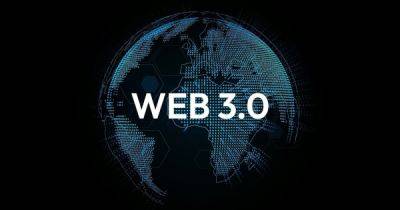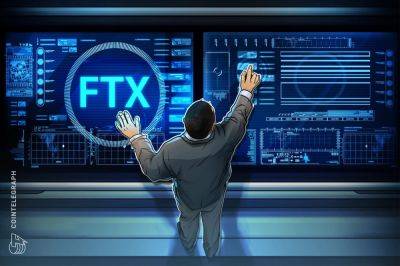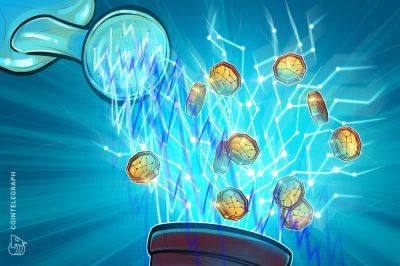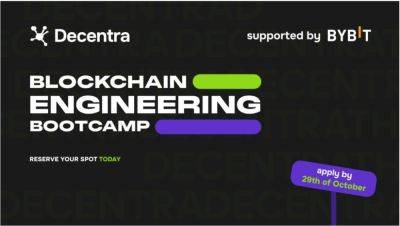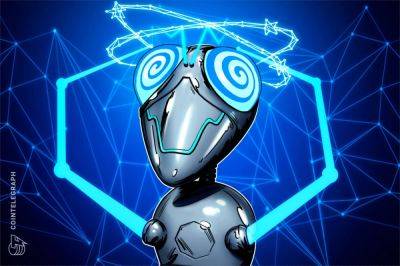Steam for Web3: Is it the future of blockchain games?
Web2 game distribution platforms, also known as traditional gaming platforms, act as online game shops with community features that connect gamers worldwide in a common ecosystem. Players usually download a small software client to access the platform, which offers user-friendly interfaces with a streamlined purchase process and detailed information about each game title.
Currently, there are three major traditional game distribution platforms: Steam, Epic Games Store and Microsoft Store. Built by Half-Life maker Valve, Steam is the oldest of the three and has the most extensive library.
Epic Games Store came from the creators of Unreal Engine, one of the best, real-time 3D-creation tools. It’s known for its free games offered in a cycle. Meanwhile, Microsoft Store is not the first place to look for games. Its subscription service, Game Pass, enables access to hundreds of games with a Netflix-style monthly subscription.
Game distribution platforms like Steam and Epic Store instill trust, as they host reputable brands and millions of people using their services. Customers aren’t afraid to provide their payment information and know they will be safe from scams when buying games.
For newcomers, Web2 platforms make purchasing and installing a new game incomparably easier than any manual alternative. Also, games stay updated without interacting with the developer site, thanks to automated update processes. Players can browse a massive library of games and start playing them after a few clicks. The user review and rating systems help other gamers navigate through the game selection.
As for developers, Web2 platforms provide direct access to a global audience via development kits, marketing assistance and distribution
Read more on cointelegraph.com

 cointelegraph.com
cointelegraph.com
